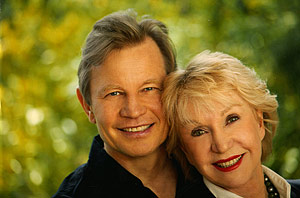This is an excerpt from Barry Graham, from "Noir: The Marxist Art Form" at this link::
There were rat footprints in the dried lard in the frying pan. Sometimes the rats woke me, but this time I had slept through their visit. They were now a fact of life, like dogs or pigeons.
It was Raeberry Street, Maryhill, Glasgow in 1975. The cleansing department was on strike, and mountains of plastic bags full of garbage were piled in the back courts of the crumbling tenements. The flats didn’t have bathrooms or hot water, just closet-sized toilets.
This was how we lived, but it was not what we read. The most popular books read by children were Enid Blyton’s Famous Five novels, about a group of upper-class English children who had adventures and solved mysteries. The most popular books among the adults, I think, were Ian Fleming’s James Bond novels, and Barbara Cartland’s romances. We kids also liked American comics. I remember standing on top of the midden, pretending to be Superman atop a tall building, yelling,
“Up, up and away!” but I couldn’t fly out of there.
It was how we lived, but it was not what we watched on
TV. Whether it was
Upstairs, Downstairs—a soap about the English aristocracy—or
Coronation Street, a soap about working class people in the North of England—there were no rats. There was hot water, and bathtubs. There was no mother of five knocking on a neighbor’s door to ask for help because it was payday and instead of coming home from his job at the butcher’s, her husband had disappeared into the pubs, and would not come home until Sunday. In the books we read and the
TV we watched, money—or rather the lack of it—was never mentioned. The characters engaged in their dramas, mundane or life-threatening, marrying or divorcing or fucking or murdering one another without ever discussing rent arrears, lack of food, or utilities being cut off.
That year, the film
Jaws was released, and broke all-time box-office records. Because of this, the novel it was based on became ubiquitous, in paperback with the image from the film’s poster on the cover. The film, a masterpiece of suspense, was the standard story of a heroic individual—a police chief, played by Roy Scheider—who wants to close his town’s beach because of shark attacks, but is overruled by greedy officials who want tourist dollars.
But the novel is less about man-eating sharks than the fear of poverty. Brody, the police chief, is struggling to get by. His wife, who comes from a wealthy family, is embarrassed about having married beneath her station, and is so resentful and bored that she has an affair. The reason that the town’s elected officials and business people conspire to keep the beaches open is not because they are evil and greedy and don’t care that people might get eaten by the shark; they are desperate, because they depend on the summer tourist season for their livelihood, and are afraid of losing their homes if the beach is closed.
Although the characters in the novel
Jaws had a standard of living that seemed fabulous to me, it was the first time in fiction that I encountered the fear that defined the lives of everyone I knew.






























